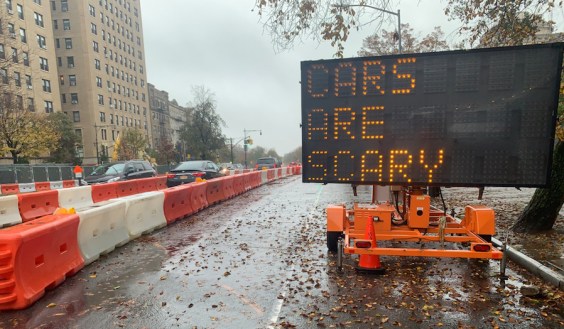One more reason to reduce driving: Exposure to high levels of traffic pollutants may increase the risk that children will develop autism, according to a study published recently in the Archives of General Psychology.
Researchers from the University of California Keck School of Medicine examined traffic-related air pollution levels in two groups of children: 279 with autism and 245 without. The study found that autistic children and their mothers were twice as likely to live in high-pollution areas during pregnancy and the first year of life.
One in 88 children in the U.S. is affected by autism.
Researchers have been looking at a potential link between air pollution and the enigmatic developmental disorder for three years. Fine particle pollution and nitrogen dioxide -- two of the leading pollutants emitted by internal combustion vehicles -- affect the behavior of certain genes in the early stages of development. One of these genes is known to be less active in children with autism, according to a report on the study published on WebMD.
There is a growing consensus that autism is caused by a combination of environmental and genetic factors. In reviewing the study, Andrew Adesman, MD, at Cohen Children's Medical Center of New York, said that traffic-related air pollution is likely one of many contributing factors, WebMD reports.






